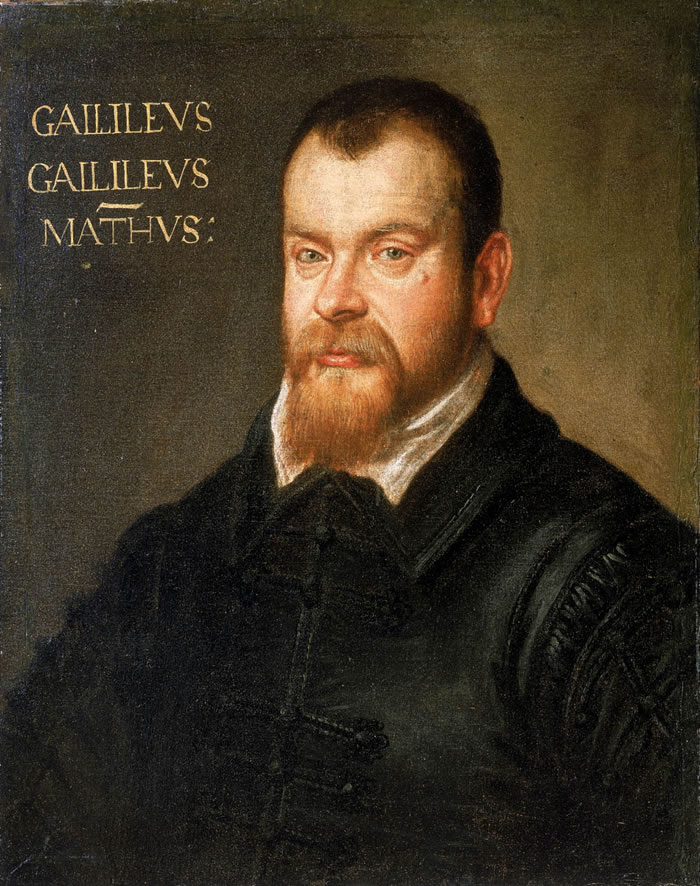Galileo Galilei: Pioneering Astronomer and Revolutionary Thinker
In the annals of scientific history, few figures loom as large as Galileo Galilei. Born in Pisa, Italy, in 1564, Galileo would go on to become one of the most influential astronomers and physicists of all time. His life and work are a testament to the power of curiosity, observation, and the relentless pursuit of truth.
Galileo’s journey into the cosmos began in earnest when he first laid eyes on a telescope in 1609. Though not the inventor of the device, he was quick to recognize its potential for exploring the heavens. With his homemade telescopes, Galileo made a series of groundbreaking discoveries that forever altered our understanding of the universe.
One of his most significant achievements was the observation of celestial bodies orbiting Jupiter. In 1610, he discovered the four largest moons of Jupiter – Io, Europa, Ganymede, and Callisto – providing compelling evidence that not all celestial bodies revolved around the Earth. This revelation struck at the heart of the geocentric model of the universe, challenging centuries of entrenched belief.
Galileo’s observations extended beyond the confines of our solar system. He observed the phases of Venus, demonstrating that the planet’s appearance changed over time, much like our own moon. This provided further evidence in support of the heliocentric model proposed by Copernicus, which placed the Sun at the center of the solar system.
But Galileo’s contributions were not limited to astronomy. In the realm of physics, he made significant advancements in our understanding of motion and gravity. He formulated the Law of the Pendulum, which governs the movement of a swinging object, laying the groundwork for the study of oscillations and waves. He also conducted experiments on falling bodies, discovering that all objects accelerate equally under gravity, regardless of their mass – a concept later codified in Newton’s laws of motion.
Galileo’s bold embrace of empirical evidence and his willingness to challenge established dogma earned him both admiration and animosity. In 1616, the Catholic Church placed his writings on heliocentrism on the Index of Forbidden Books, and in 1633, he was tried by the Roman Inquisition for heresy. Forced to recant his beliefs, Galileo spent the remainder of his life under house arrest, though he continued his scientific inquiries until his death in 1642.
Despite the obstacles he faced, Galileo’s legacy endured. His works laid the foundation for modern observational astronomy and experimental physics, inspiring generations of scientists to question the status quo and seek answers through observation and experimentation. Today, he is remembered not only as a brilliant astronomer but also as a champion of reason and the scientific method. Galileo Galilei, the father of modern science, remains a guiding light for all who dare to explore the wonders of the universe.
